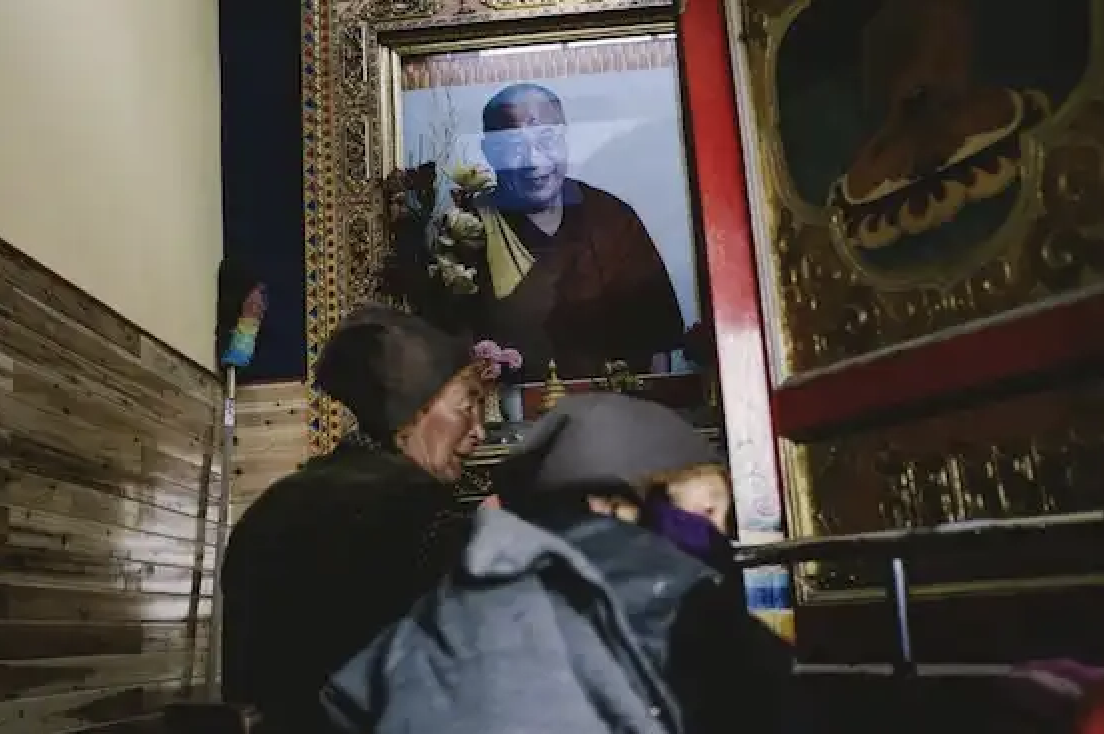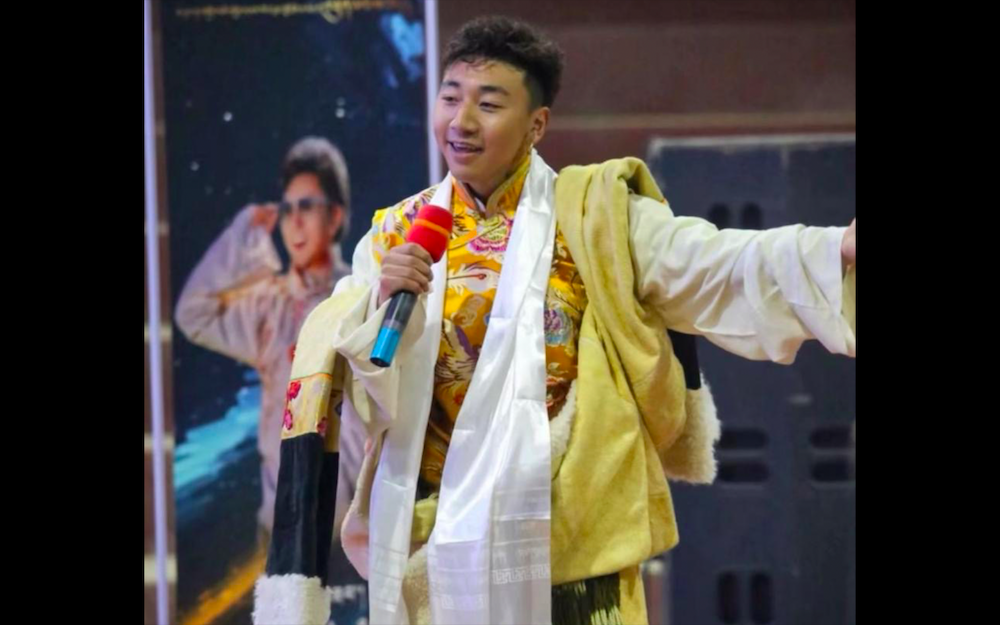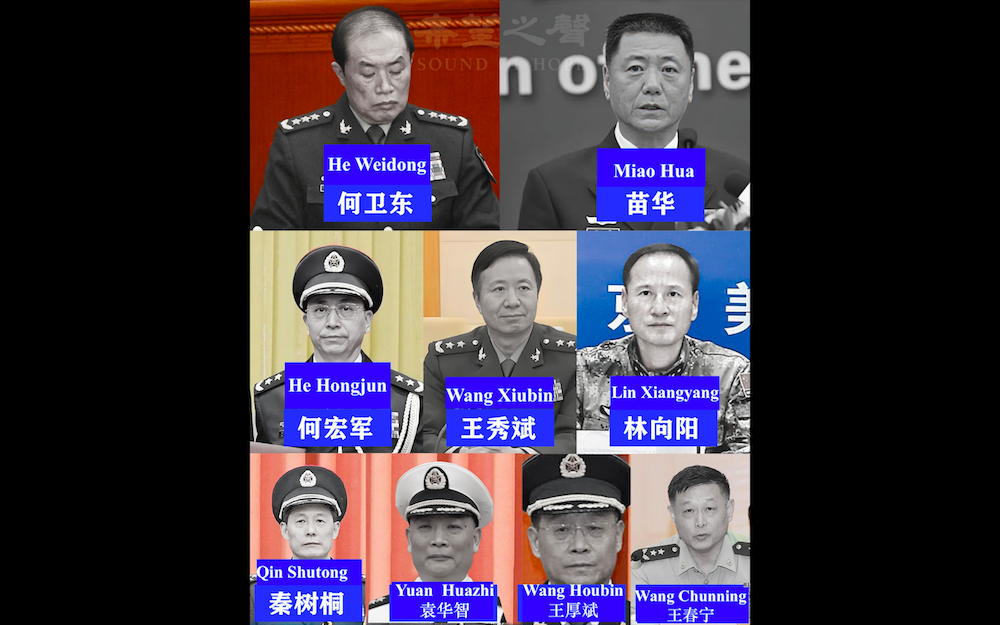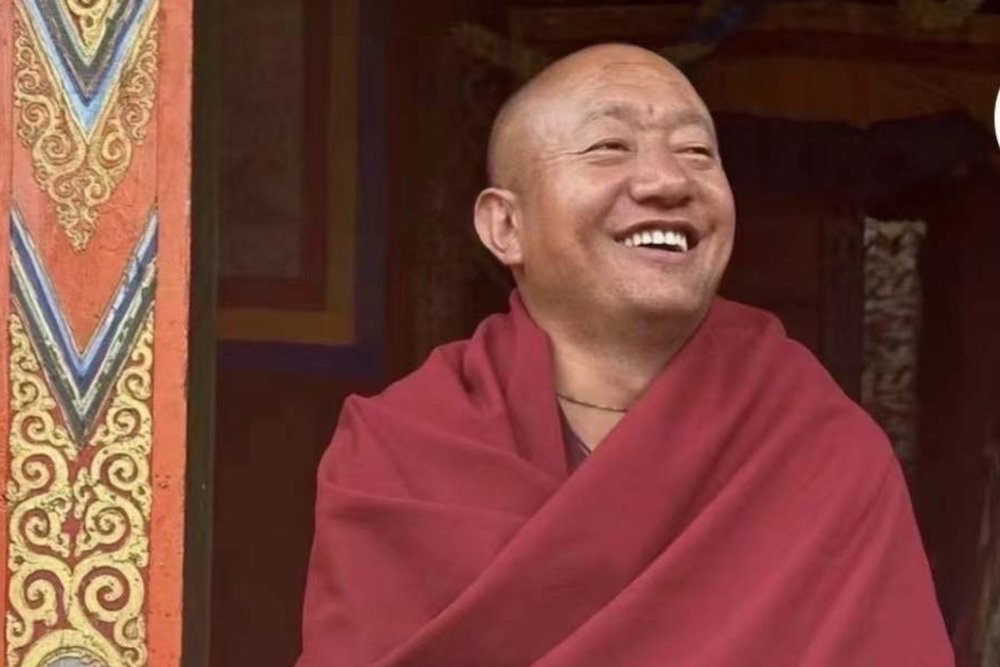By Phurbu Thinley
Dharamsala, March 5: The ninth session of the 14th Tibetan Parliament-in-Exile will kick-start here from Monday.
The March session is usually called the Budget Session of the Tibetan Parliament, the highest legislative organ of the exile polity, during which, among other things, the Tibetan legislators will discuss and approve the budget of the exile Tibetan government for the fiscal year 2010-2011.
“As usual this March session is mainly devoted to annual budget of the Tibetan Government-in-Exile that includes administration of all the government offices, including the regional ones. Out of the 11-day session, at least 3-4 days will be devoted to the budget matters,” the Speaker of the parliament Mr Penpa Tsering told Phayul.
A host of other issues, including the ones that could not be either discussed or approved during the last session held in September 2009, are also to be discussed during the 11-day session from March 8-20, the speaker said.
The eighth session of the 14th Tibetan Parliament came to an end entirely short of its final concluding session after a section of MPs staged a confrontational walkout from the session after failing to come to a resolve a motion moved by a fellow MP.
“Of the remaining list of motions, the more significant one is the decision to hold a second ‘Special Meeting’ following the first one that was held in November 2008,” Mr Penpa said.
“The motion had already been thoroughly discussed in the last session and remains to be approved by the parliament. If approved during this session, the meeting will possibly take place in Bylakoppe Tibetan settlement (in southern Indian state of Karnataka) from August 26 to 31,” he said.
Along with it, Mr Penpa said, there is also a strong suggestion to hold a more elaborate commemoration of the Tibetan Democracy Day this year on September 2.
“This year marks the 50th anniversary of the foundation of the Tibetan democracy. So, it is suggested that a grand commemoration be held in a bigger Tibetan settlement area with a larger Tibetan populace. So there will be discussion on that and it is likely that it will again take place in Bylakoppe Tibetan settlement,” he said.
Another major proposal for discussion will be, Penpa said, on the proposed amendment to the Tibetan parliamentary election.
Mr Penpa said one significant motion is to increase the number of MPs by two- one additional representative from North America and another one from any other other regions other than North America, Europe, India, Nepal and Bhutan.
With all these, the speaker says he is hoping to have a smooth functioning and a meaningful outcome from the upcoming session.
The Tibetan Parliament is a one-house Parliament, which meets twice a year for about a fortnight each with an interval of six months.
The 14th Tibetan Parliament has 43 members, who are elected representing the three traditional provinces of Tibet (U-Tsang, Do-toe and Do-med) and five major religious sects, including the traditional Bon, of Tibet. Three members are elected by Tibetans in the West – one from North America and two from Europe.
The members are directly elected by Tibetan exiles above the age of 18 from their respective constituencies.
The Tibetan people, both inside and outside Tibet, consider the government-in-exile to be the sole legitimate government of Tibet.
An estimated 150, 000 Tibetans live in exile, the majority of them in India and Nepal.
The exiled Tibetan leader His Holiness the Dalai Lama set up Tibet’s Government exile in Dharamshala after he and his followers fled to India in 1959, nine years after China occupied Tibet. The Dalai Lama declared democracy for Tibetans in 1960 and promulgated a constitution for a future Tibet, based on the principles of modern democracy. On 2nd September 1960 members of the first Tibetan parliament were sworn in, marking the first concrete step toward the democratization of the Tibetan polity.
The Dalai Lama and the government in exile have in recent years been campaigning for greater autonomy for Tibet.









